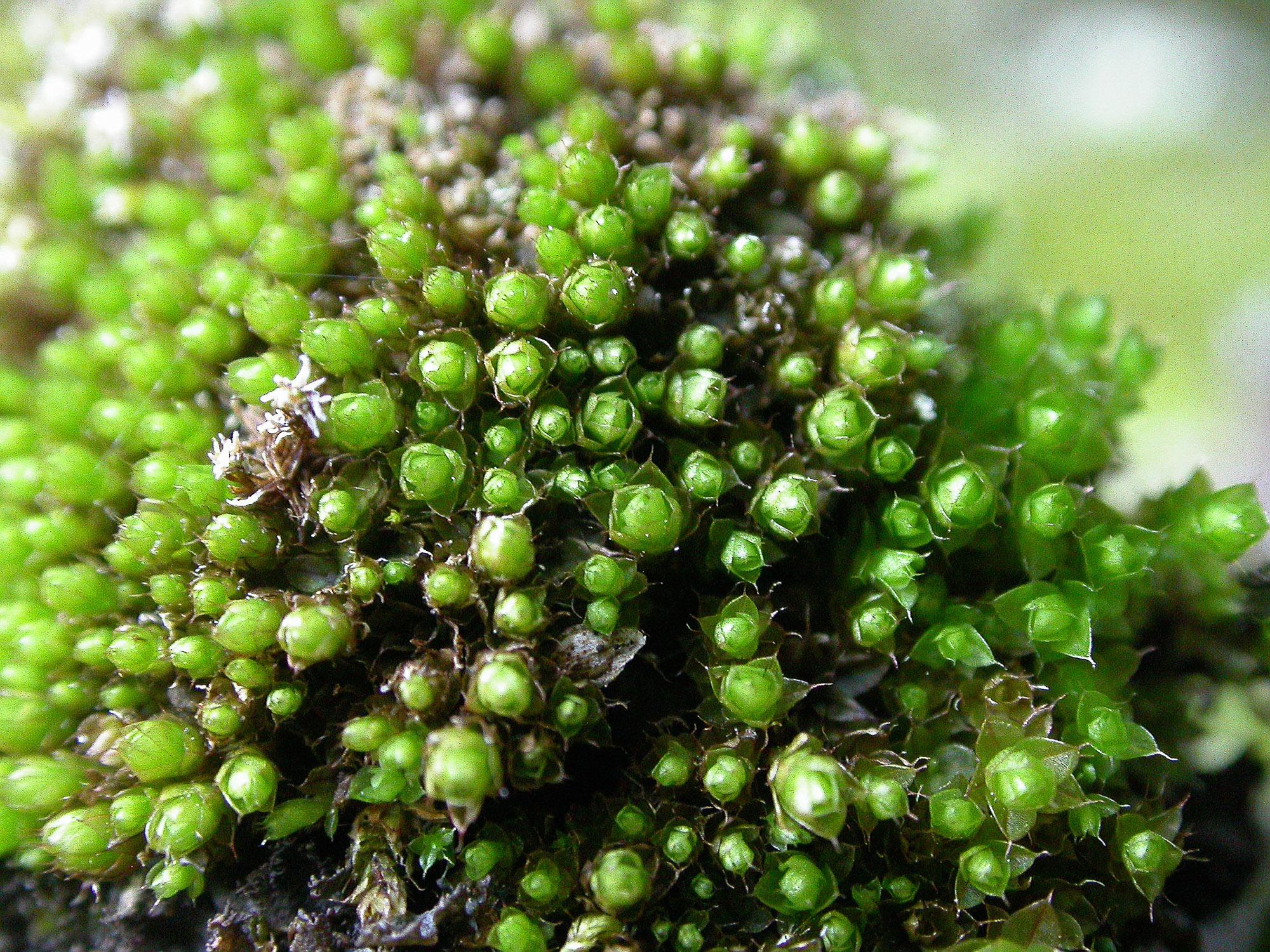
ELEGANS-B.jpg from: https://www.britishbryologicalsociety.org.uk/learning/species-finder/bryum-elegans/
Introduction
In the vast and captivating world of bryophytes, one particular moss species stands out for its delicate beauty and resilience – the Bryum elegans Nees. Belonging to the Bryaceae family, this unassuming yet remarkable plant has captured the hearts of moss enthusiasts worldwide. Let’s embark on a journey to unravel the secrets of this fascinating organism.
Background
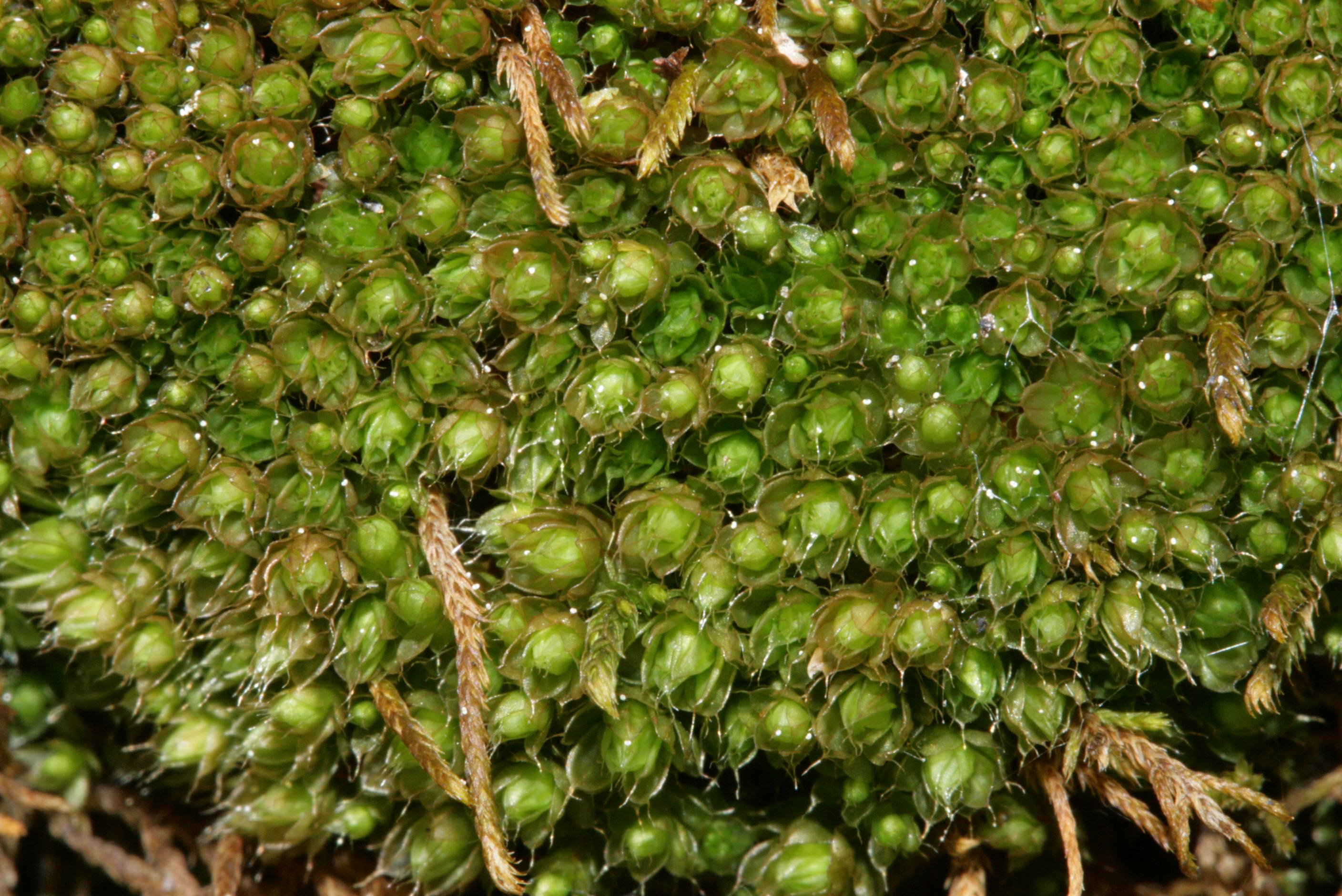
bryum-elegans.jpg from: https://www.earth.com/plant-encyclopedia/Bryophytes/Bryaceae/bryum-elegans/en/
Before we delve into the intricacies of Bryum elegans Nees, it’s essential to understand the broader context of bryophytes. These non-vascular plants, which include mosses, liverworts, and hornworts, are among the oldest land plants on Earth. They play a crucial role in various ecosystems, acting as pioneers in colonizing barren areas and contributing to soil formation.
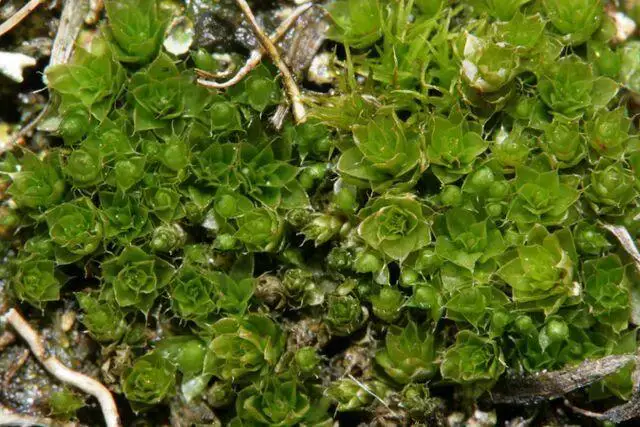
640px-Bryum_elegans_(a%2C_143612-472509)_9719.JPG from: https://handwiki.org/wiki/File:Bryum_elegans_(a,_143612-472509)_9719.JPG
Main Content
Morphology and Identification
Bryum elegans Nees
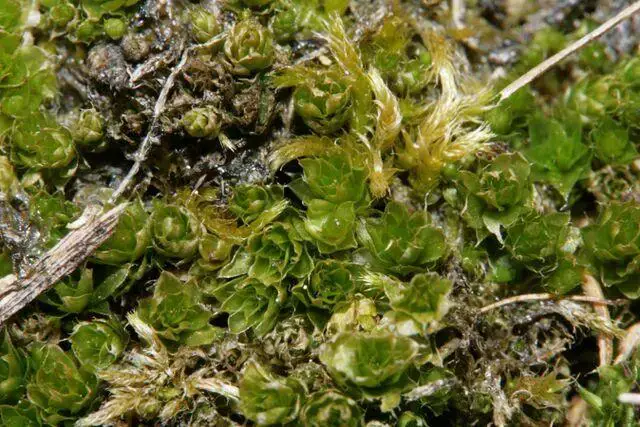
640px-Bryum_elegans_(a%2C_143612-472509)_9720.JPG from: https://handwiki.org/wiki/File:Bryum_elegans_(a,_143612-472509)_9720.JPG
is a small, acrocarpous moss that forms dense, cushion-like tufts. Its slender stems are typically less than an inch tall, adorned with delicate, lance-shaped leaves that curl inward when dry. The leaves are a vibrant green hue, often tinged with reddish-brown tones, adding to the moss’s visual appeal.
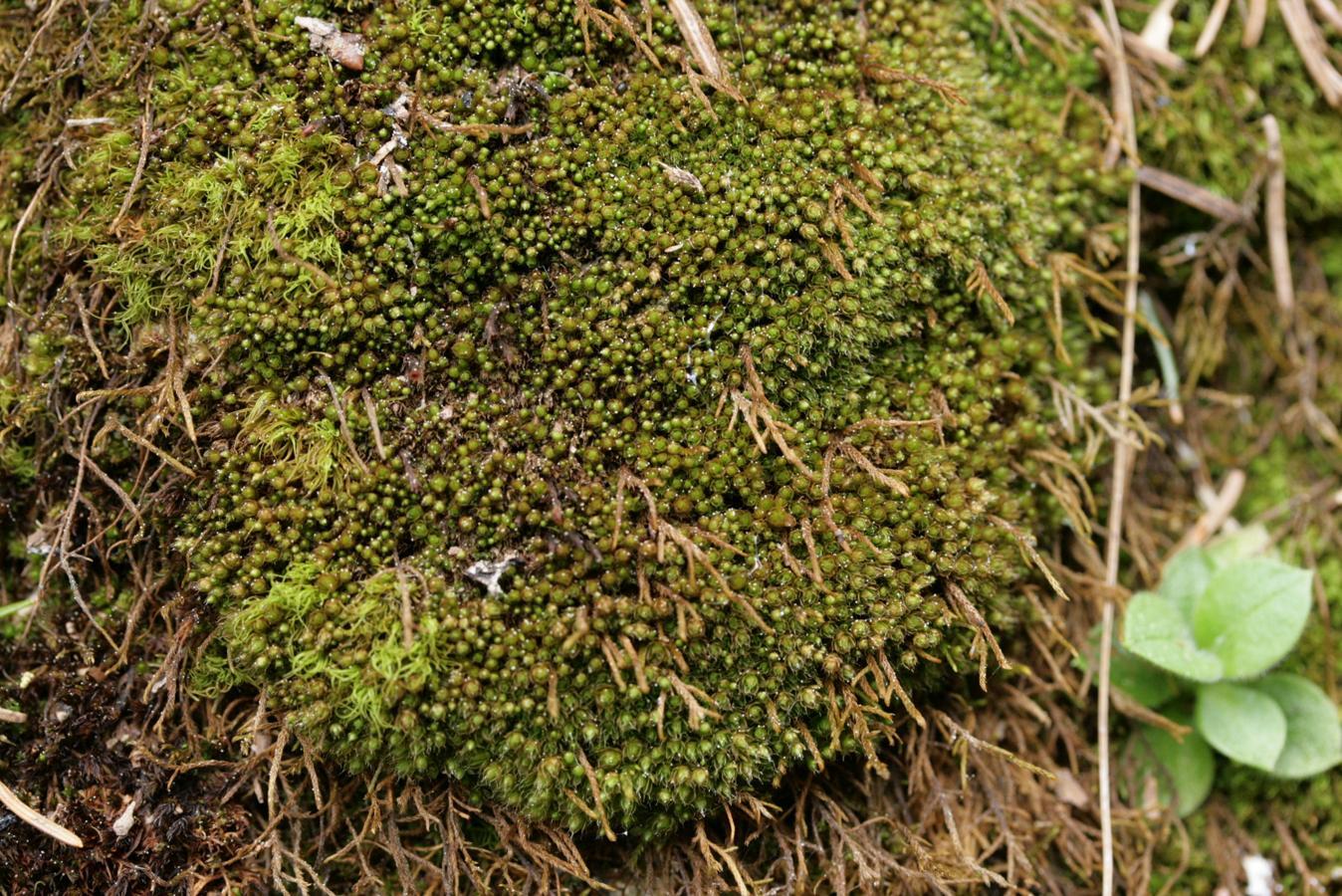
Bryum_elegans_(b%2C_144957-474710)_4606.JPG from: https://handwiki.org/wiki/File:Bryum_elegans_(b,_144957-474710)_4606.JPG
One of the most distinctive features of Bryum elegans Nees is its capsule, which is pendulous (hanging down) and elongated, resembling a tiny urn. This capsule is supported by a reddish-brown seta (stalk) and is topped with a conical operculum (lid). When the operculum falls off, it reveals a peristome – a ring of teeth-like structures that aid in spore dispersal.
Global Distribution and Habitat
Bryum elegans Nees is widely distributed across various regions, including Europe, North America, Asia, and parts of Africa. It thrives in a diverse range of habitats, from moist and shaded areas to exposed rock surfaces and even disturbed urban environments.
This moss is particularly adept at colonizing bare soil, rocks, and tree bark, often forming dense mats that help prevent erosion and provide a nurturing environment for other plant species to establish themselves.
Ecological Roles and Adaptations
Despite its diminutive size, Bryum elegans Nees plays a vital role in its ecosystem. As a pioneer species, it helps stabilize and enrich the soil, creating favorable conditions for larger plants to take root. Additionally, its dense mats provide shelter and moisture for various invertebrates, contributing to the overall biodiversity of the area.
One of the remarkable adaptations of Bryum elegans Nees is its ability to withstand desiccation (drying out). During periods of drought, the moss can enter a state of dormancy, curling its leaves inward to minimize water loss. Once moisture returns, it quickly revives, showcasing its resilience and ability to thrive in challenging environments.
Case Studies/Examples
In urban areas, Bryum elegans Nees has proven to be a valuable ally in combating air pollution. Its dense mats can effectively trap and absorb particulate matter, heavy metals, and other pollutants, contributing to improved air quality. This moss has been successfully used in various green infrastructure projects, such as green roofs and living walls, where it not only enhances the aesthetic appeal but also provides functional benefits.
Technical Table
| Characteristic | Description |
|---|---|
| Scientific Name | Bryum elegans Nees |
| Family | Bryaceae |
| Common Name | Elegant Bryum Moss |
| Growth Form | Acrocarpous (upright) |
| Stem Height | Typically less than 1 inch (2.5 cm) |
| Leaf Shape | Lance-shaped, curling inward when dry |
| Leaf Color | Vibrant green, often tinged with reddish-brown |
| Capsule | Pendulous, elongated, urn-shaped |
| Seta | Reddish-brown |
| Operculum | Conical |
| Peristome | Present, aiding in spore dispersal |
Conclusion
Bryum elegans Nees is a true marvel of nature, showcasing the incredible diversity and resilience of the bryophyte world. From its delicate beauty to its ecological significance, this moss species has captured the hearts of enthusiasts and scientists alike. As we continue to explore and appreciate the wonders of the natural world, let us ponder this thought-provoking question: How can we better integrate and protect these unsung heroes of our ecosystems in our daily lives?